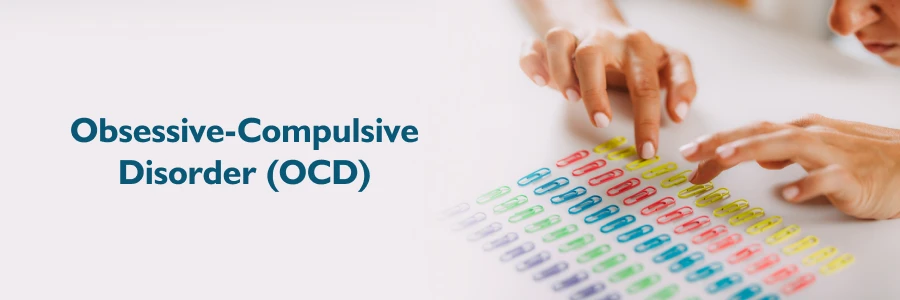What Are the Key Traditions to Consider When Planning a Wedding?

Planning a wedding involves more than just booking a venue and selecting flowers; it is about creating a meaningful and memorable celebration that honors both personal values and cultural traditions. Understanding and incorporating key wedding traditions can help couples craft a ceremony that resonates with family, friends, and themselves. Working with a wedding celebrant can make this process easier, as they can guide couples through the many traditions, explain their significance, and help decide which elements best suit the couple’s style and beliefs.
The Significance of Religious and Cultural Traditions
Religious and cultural traditions often form the backbone of a wedding ceremony. Whether it is a ritual blessing, a symbolic act, or a particular sequence of events, these customs provide depth and meaning to the celebration. Couples may incorporate prayers, readings, or chants specific to their faith or heritage. A wedding celebrant can help navigate these traditions, ensuring that they are included respectfully and appropriately. Even for couples who prefer a non-religious ceremony, cultural traditions such as handfasting, unity candles, or ceremonial dances can be adapted to reflect personal beliefs.
The Importance of Symbolic Gestures
Symbolic gestures are a hallmark of weddings and often carry deep emotional significance. Exchanging rings is perhaps the most universally recognized symbol of commitment, representing eternity and unbroken love. Lighting a unity candle or mixing sand can symbolize the merging of two lives and families. These gestures can be personalized to reflect the couple’s story, and a wedding celebrant can suggest creative ways to honor these traditions while keeping the ceremony intimate and heartfelt.
Roles and Responsibilities in a Wedding
Traditions often extend beyond the ceremony itself and involve specific roles for family and friends. The bride and groom may have attendants, such as bridesmaids, groomsmen, or flower girls, each performing duties that contribute to the flow of the day. Parents often play symbolic roles, such as walking the bride down the aisle. The wedding celebrant can coordinate these responsibilities to ensure that everyone understands their part, creating a smooth and cohesive ceremony while respecting traditional roles.
Choosing the Right Vows
Vows are a personal yet traditional aspect of a wedding. Couples may choose to recite classic vows or write their own to reflect their values and personalities. Some traditions dictate specific wording or sequences for vows, while others leave it entirely open to interpretation. A wedding celebrant provides guidance on structuring vows, balancing respect for tradition with personal expression, and ensuring that the promises are meaningful and memorable for both the couple and their guests.
Key Traditions to Consider
When planning a wedding, there are several traditions that couples often weigh carefully:
- The procession: deciding who walks down the aisle and in what order
- Ring exchange: selecting rings that carry personal or cultural significance
- Unity ceremonies: choosing symbols or rituals to represent the joining of lives
- Readings and blessings: incorporating literature, prayers, or poetry
- Music and songs: selecting pieces for processions, vows, and recessions
- Attire: considering traditional dresses, suits, or ceremonial garments
- Cultural rituals: including dances, ceremonies, or symbolic acts from heritage
- Toasts and speeches: planning moments to honor family, friends, and the couple
- Reception customs: such as first dances, cake cutting, or bouquet tosses
- Guest participation: including rituals that involve family or community
A wedding celebrant can help couples navigate these choices, ensuring that each tradition included adds value to the ceremony and resonates with the couple’s vision.
Personalizing Traditions
While traditions provide structure and meaning, personalization allows couples to make the day uniquely their own. Some may blend elements from multiple cultures, while others may modernize rituals or replace them with symbolic gestures that reflect shared interests or experiences. A wedding celebrant works closely with the couple to understand their story and values, suggesting ways to honor traditions while creating a ceremony that is authentic and memorable.
Coordinating the Ceremony Flow
One of the challenges in planning a wedding is ensuring that traditions and personal touches flow smoothly together. Timing, order, and transitions are critical to maintaining the atmosphere and emotional impact of the ceremony. A wedding celebrant oversees this coordination, helping the couple understand how each tradition fits into the broader narrative of the day. Their expertise ensures that the ceremony feels cohesive, seamless, and meaningful for everyone involved.
Conclusion
Weddings are deeply personal celebrations, but traditions provide a framework that adds significance, continuity, and connection to family and culture. From religious rituals and symbolic gestures to processions and vows, there are numerous traditions to consider. A skilled wedding celebrant can guide couples in navigating these choices, balancing respect for tradition with personal expression, and ensuring that every element contributes to a meaningful and memorable ceremony. By thoughtfully considering which traditions to include and how to adapt them, couples can create a wedding that is both timeless and uniquely their own.




